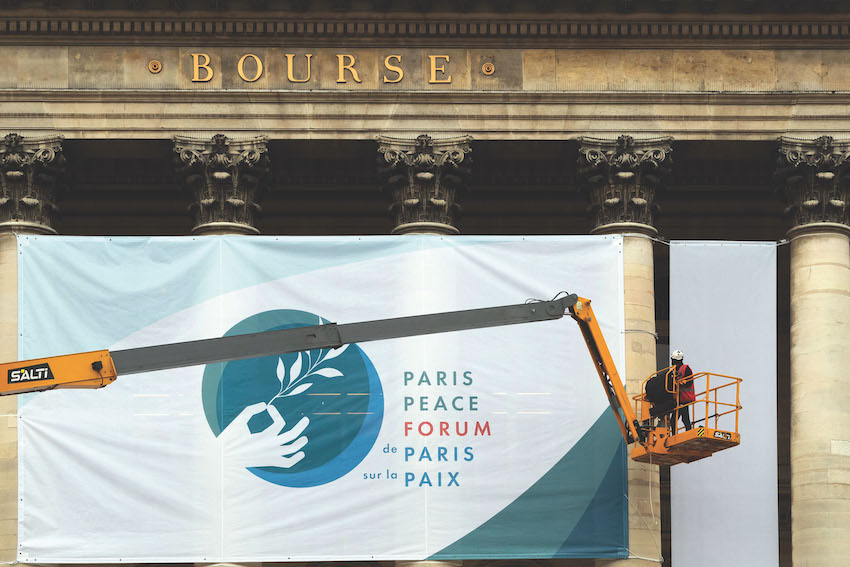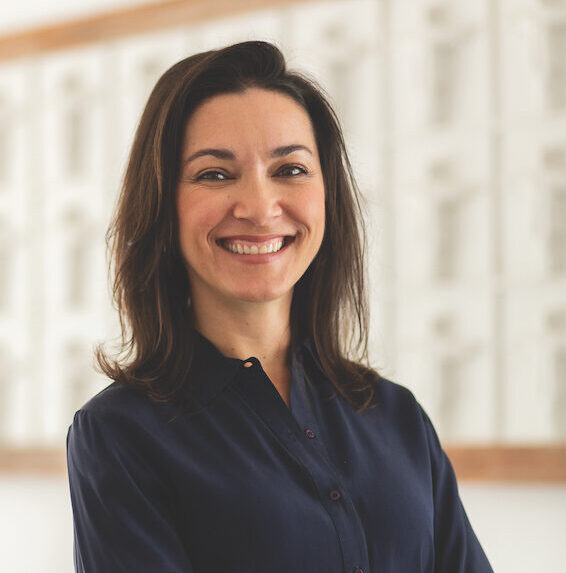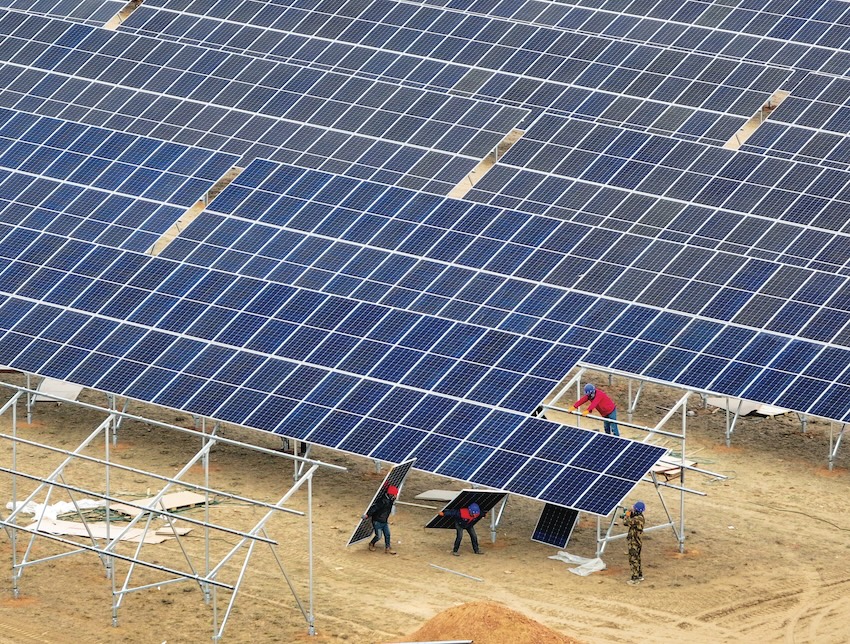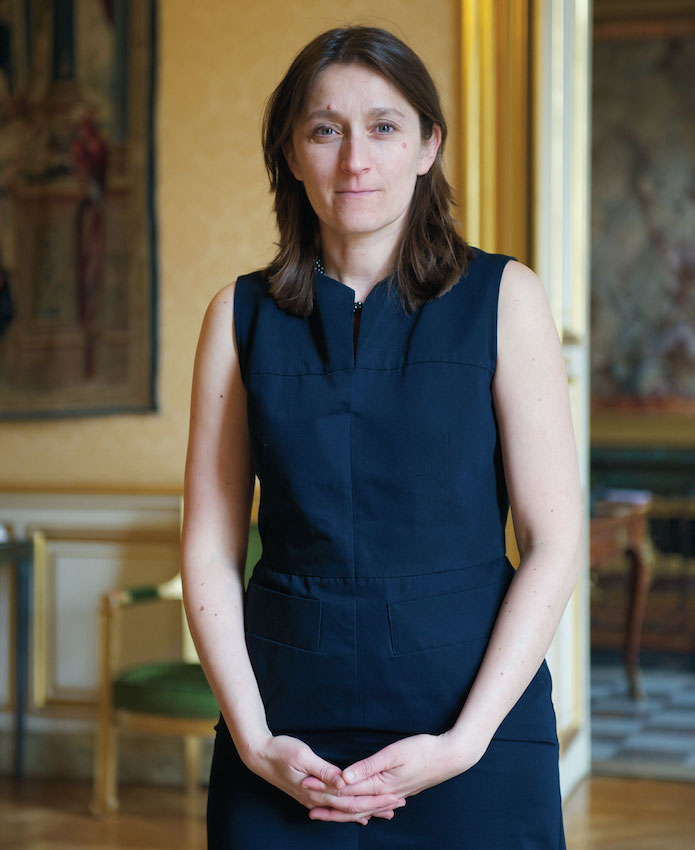Ilona Szabó de Carvalho, President and co-founder of the Amazon-focused “think and do tank” the Igarapé Institute, is an authoritative voice on climate security and biodiversity.
In Portuguese, Igarapés are the small rivers and channels, very common in the Amazon, that connect large rivers and are essential for communication between the peoples who live in the region. Fitting inspiration for the Igarapé Institute, which connects the front-line, local realities of the climate challenge to the global agenda.
“We bring on-the-ground experience to top-level decision making,” explains Ilona Szabó de Carvalho, President and co-founder. “We look at these issues through a lens that’s more inclusive. So we do believe that we can bring the best of the lessons of global policy to the local level and vice versa.”
Igarapé is headquartered in Rio de Janeiro, but its operations transcend local, national and regional borders, covering over 20 countries. Describing itself as a “think and do tank,” the Institute leads with data and research to effect change. In one of its studies, for example, it shines a light on the threats and violence faced by women “environmental defenders” in the Amazon on a daily basis—with the aim not only of raising awareness but of strengthening on-the-ground support networks and the oversight provided by law enforcement agencies.
Meanwhile, Szabó sits on the UN Secretary General’s high-level advisory board on effective multilateralism, which looks at how to improve the governance of global public goods, including climate governance. Igarapé ran a global consultation on climate governance with wide range of stakeholders to inform the influential UN report “Our Common Agenda.”
From the local to global, and indeed everywhere in between, the Institute has touch points at all levels of the climate challenge. As Szabó says, “All of them start with good information.”
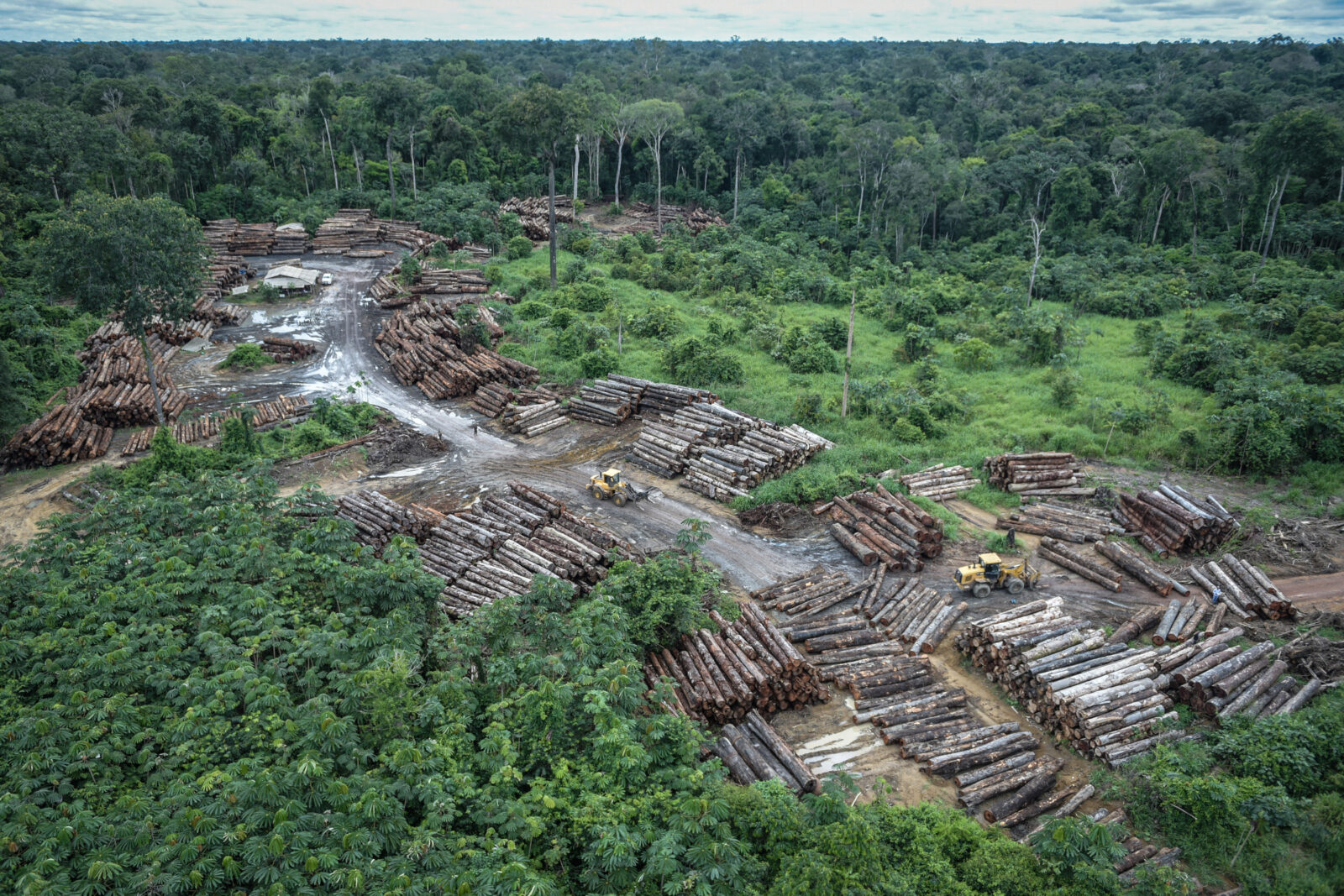
Most striking in their research of the realities in the Amazon Basin is the insight that over 90% of all the deforestation there is illegal. Orchestrated by criminal networks financing illicit economies, it’s largely driven by illicit logging and “land grabbing”—clearing forests and establishing cattle or agricultural farms as a way to lay claim the land—but it includes illicit gold mining and the traffic of wildlife.
“Mostly, this is due to weak enforcement of the rule of law,” she tells Brunswick Social Value Review. “Thirty million people live there and many get drawn into working for criminal networks. So the sustainable development solutions have to address their needs and realities.”
That perspective reframes the thinking on what needs to happen to halt deforestation in these precious natural habitats. It puts the focus firmly on the effectiveness of the authorities to enforce the rule of law and on the social aspects of climate security.
Igarapé has a comprehensive Climate and Security Program with three pillars: one maps the scope, scale and dynamics of environmental crime. The second shapes proposals for better governance to enforce the rule of law, to build capacity and to coordinate different agencies at different levels, states and countries. And the third program is focused on the private sector, especially in transparency and traceability.
For businesses working hard to drive deforestation out of their operations and supply chains, what is Szabó’s view of what they can and should do?
Her first ask is that companies get informed about what’s happening on the ground.
“What we’re seeing is that companies operating in these more vulnerable territories, such as the Amazon Basin, have to become aware of these realities,” she says. “This is a very challenging region, not only for the illegalities but also the institutional capacities and political obstacles.”
More than 90% of all the deforestation in the Amazon Basin is illegal.
The institute aims to show that the analysis of material risks shaping ESG strategies need to be considered as impacts at the local level, not just as broader global outcomes.
The Institute has designed a tool, launched at the start of 2023, to help companies with their due diligence processes in these conditions. Called Amazônia in Loco (see more below), it offers companies, governments and NGOs a mechanism to look at impacts on the ground in a specific territory, dropping down from their overarching global deforestation metrics to metrics based on delivering positive impacts in the local landscape. She describes this emphasis on local impacts as part of achieving “ESG Triple A.”
“Responsibility doesn’t just stop at the global headquarters,” as Szabó puts it. She points out that, whether a company produces beef or cosmetics, when it sets up a facility in the Amazon it opens a dialogue with government about financial incentives for job creation. “Why not a dialogue about expectations of law enforcement as well?” she asks. “It’s not going to be perfect, but how can a company in a territory such as the Amazon also be a voice in asking the government to play their part better?”
Szabó’s second ask is that companies produce a transition plan, a roadmap to driving deforestation out of vulnerable territories at a local landscape level.
“For the industries where the greatest damage is caused today; agribusiness, for instance, or in some places mining, technologies already exist that could be put in place to establish full traceability of the supply chain. I don’t think this is up for negotiation anymore, we have to advance toward the goal of no deforestation and that means building an effective transition plan.”
For companies to be ESG Triple A, she argues it’s all about reducing their exposure to risk, reputational and operational. And while Igarapé wants more businesses actively involved, they are also now looking to investors who do not want to be associated with deforestation and illegal supply chain practices to use their influence to use the Amazônia in Loco tool to provide data on landscape level impacts.
In everything it does, the Igarapé Institute aims to open up new dialogues—backed by data—about what it will take to make the changes needed to protect these valuable ecosystems.
“That way we can have a more honest conversation about what’s really going on and the solutions that are needed. The problem is a complex one, so let’s face it with good information.”
Amazônia in Loco
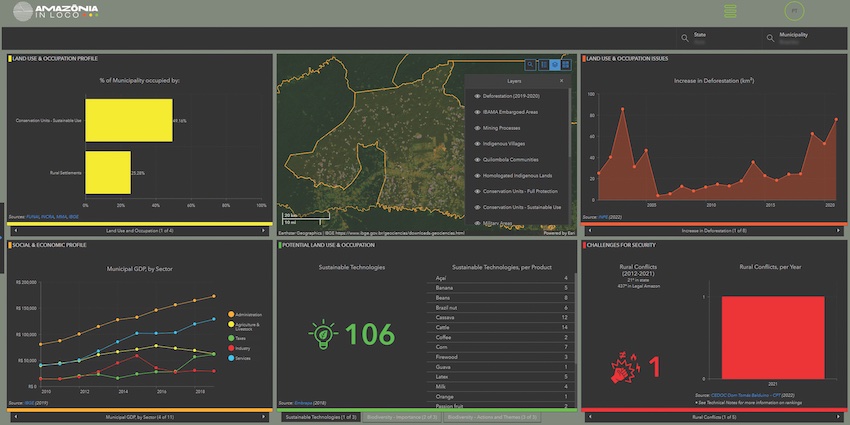
Igarapé Institute has developed a digital platform aimed at stemming the record deforestation and degradation in the Amazon region, an area that includes territory in Brazil and surrounding countries. Although the relationships between illegal deforestation and the economies that perpetuate it are increasingly evident, there is still insufficient data to understand what is happening on the ground.
Amazônia in Loco is an online interactive dashboard designed to be used by companies, investors and policymakers. Drawing on 25 public databases that cover over 80 social, economic and environmental indicators, the platform provides detailed data on the local dynamics of the 772 municipalities that make up the Brazilian Legal Amazon.
Already up and running, Igarapé’s goal is for the platform to evolve over time into a comprehensive research tool. Companies can use it to strengthen their due diligence, reduce exposure to risk and avoid exacerbating tensions around land rights and other socio-environmental issues. It also helps public officials and policymakers gain insight into what is happening in their jurisdictions, and track policy impacts.
Today, all actors in the region are operating with an unacceptable degree of uncertainty and insecurity when attempting to mitigate their risks or evaluate their opportunities. Amazônia in Loco aims to provide more detailed and accurate data to inform their decision making.
More from this issue
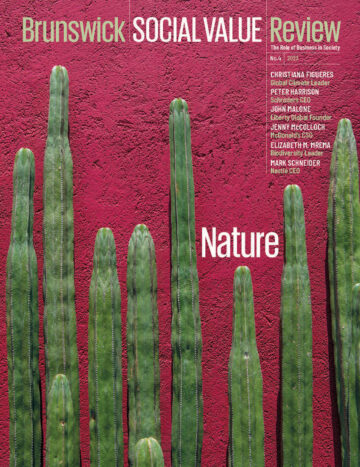
Nature Positive
Most read from this issue

Rooted in the Soil
